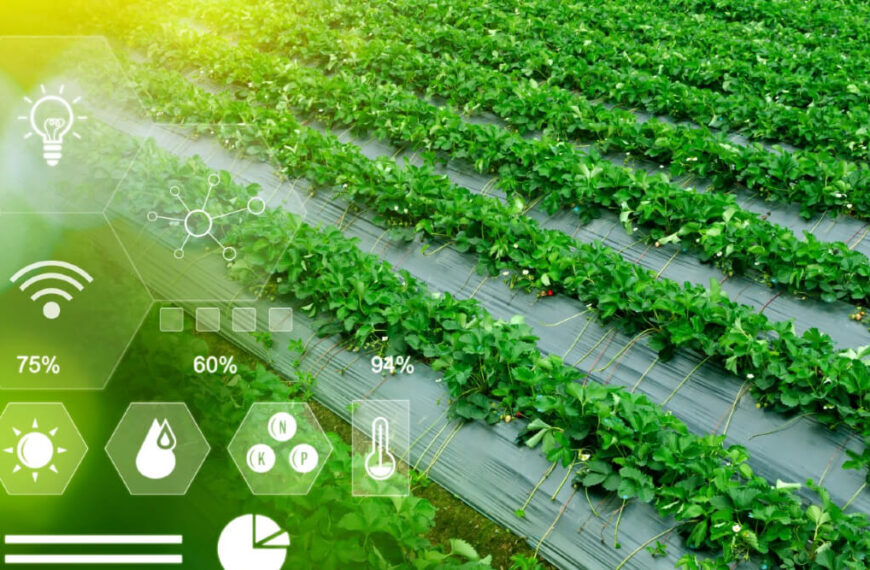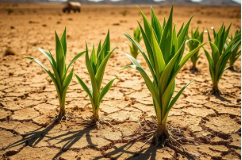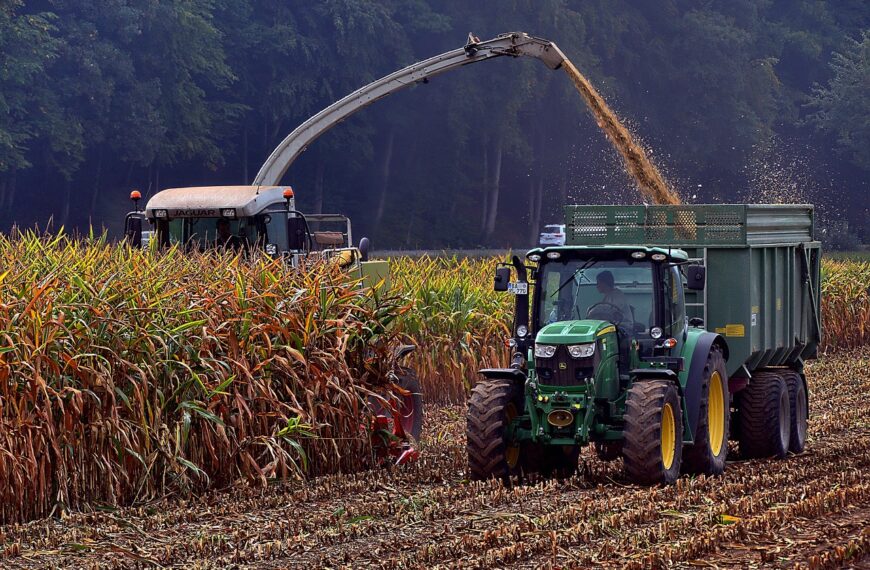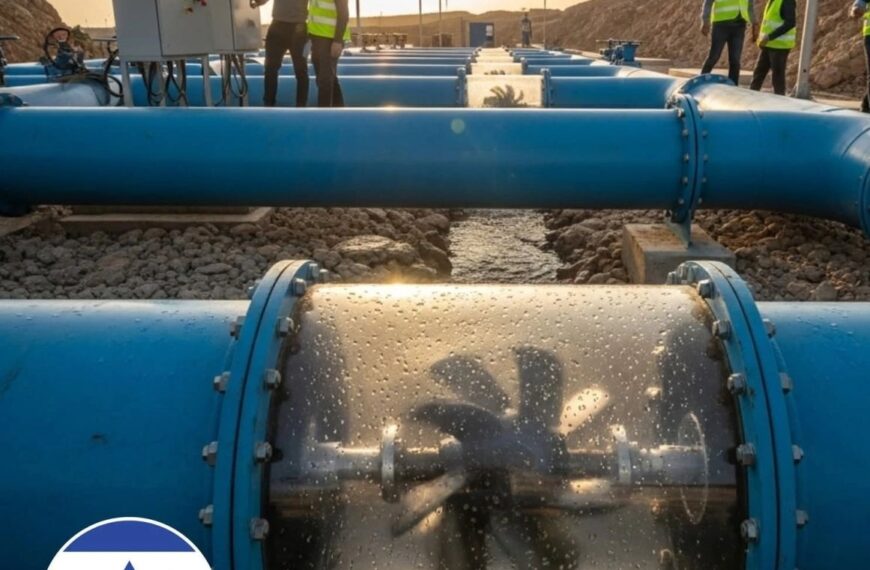
China Reaffirms Focus on Food Security Amid GlobIn a clear signal of its long-term strategic priorities, China has once again placed food security at the forefront of its national agenda. As global supply chains face continued disruption and extreme weather events challenge agricultural output worldwide, Chinese officials are doubling down on policies aimed at ensuring the country can feed its vast population reliably and independently.
At a recent high-level policy meeting in Beijing, top leaders emphasized that food security is not just an agricultural issue, but a matter of national security. President Xi Jinping has repeatedly called for greater self-sufficiency in grain production and has urged officials at all levels to treat farmland protection and rural revitalization as core responsibilities. The government is particularly focused on maintaining the “red line” of 1.8 billion mu (about 120 million hectares) of arable land a benchmark set to guarantee adequate space for domestic food production.
To meet these goals, China is investing heavily in agricultural science and technology. This includes promoting high-yield seed varieties, smart farming technologies, and improved irrigation infrastructure. In recent months, the Ministry of Agriculture and Rural Affairs has launched new initiatives to support grain producers, including subsidies, crop insurance expansion, and guidance for stabilizing yields amid erratic weather conditions.
Rural policy reforms are also being strengthened to ensure land-use efficiency and prevent the unauthorized conversion of farmland for industrial or real estate development. Local governments are being held accountable through performance assessments linked to food production targets.
China’s renewed push for food security comes at a time of growing concern over climate change, geopolitical tensions, and rising global food prices. Severe droughts in North America, floods in South Asia, and disruptions caused by ongoing conflicts have added to global uncertainty. Chinese officials say these risks underscore the importance of building a resilient domestic food system.
Experts believe that China’s strategy focused on self-reliance, technological innovation, and farmland protection will continue to shape not only its agricultural future but also its role in global food markets. With a population of over 1.4 billion people to feed, the stakes are high, and the government appears committed to long-term planning over short-term gains.
As the world watches how nations respond to mounting food security challenges, China is making it clear: securing the dinner table at home is a top national priority.














